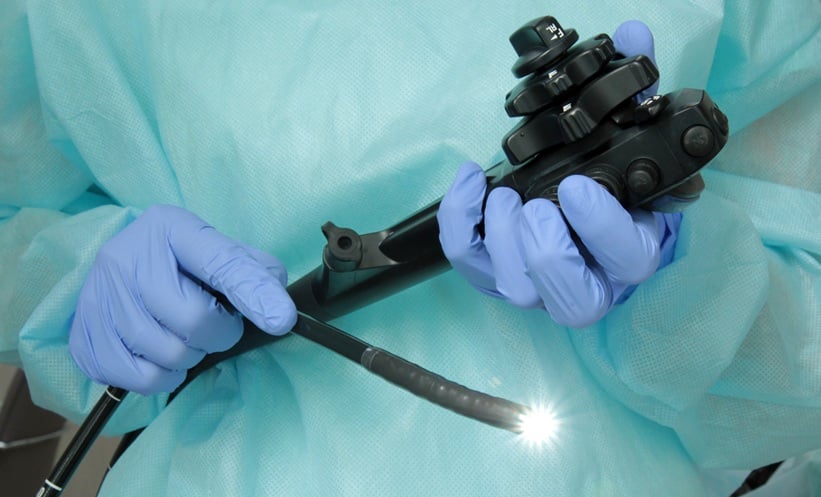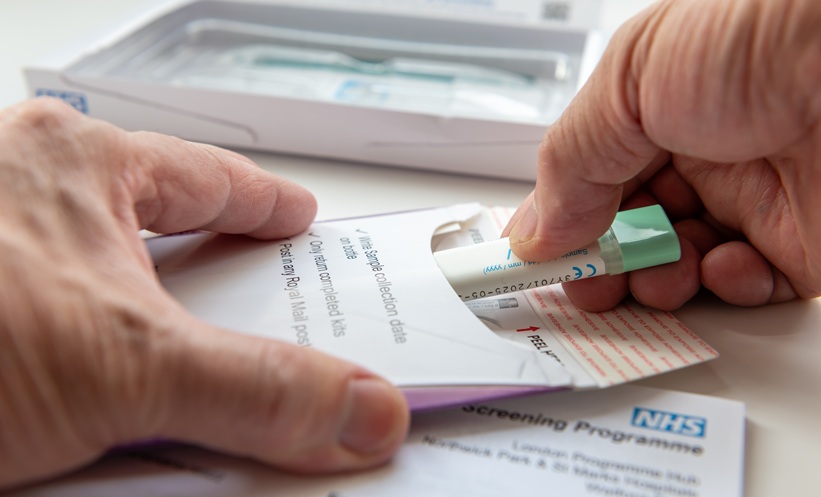A NEW study has found that applying a staged health education pathway checklist during the perioperative period significantly improves patient outcomes in those undergoing surgery for esophageal cancer.
The findings suggest that this structured educational model not only enhances patients’ readiness for discharge but also improves their overall health literacy, beliefs, and behaviours, critical factors in recovery and long-term quality of life.
From routine guidance to structured support
The research team, led by Qinyun Li and colleagues, assessed 110 patients who underwent radical esophageal cancer surgery between January and November 2022. Participants were divided into two groups of 55: a control group receiving routine health education and an experimental group receiving care through the staged health education pathway checklist.
In standard practice, nurses provide general or ad hoc advice depending on a patient’s condition. By contrast, the checklist-based model structures education into defined stages—preoperative, postoperative, and discharge, ensuring patients and families receive timely, comprehensive, and consistent information about their condition, procedures, and recovery.
Measurable improvement in knowledge and readiness
Patients who received checklist-guided education demonstrated significantly higher discharge readiness scores and performed better across all health education dimensions, knowledge, beliefs, and behaviours, compared to those in the control group (P < 0.01).
These improvements indicate that the staged approach helps patients understand their condition, manage postoperative care, and adopt healthier recovery habits. By promoting active participation in their treatment process, patients are better equipped to prevent complications and adhere to medical advice after leaving hospital.
Implications for nursing practice
The authors concluded that implementing a standardised health education pathway provides nurses with a clearer framework to deliver targeted, evidence-based information. This systematic approach fosters patient confidence, reduces anxiety, and supports a smoother transition from hospital to home care.
As perioperative care for cancer patients grows increasingly complex, structured educational tools such as the staged pathway checklist could play a vital role in enhancing recovery, satisfaction, and long-term outcomes.
Reference
Li Q et al. Application of a staged health education pathway checklist in perioperative care of patients with esophageal cancer. BMC Gastroenterol. 2025;DOI: 10.1186/s12876-025-04351-7.








